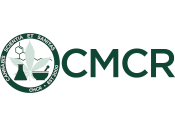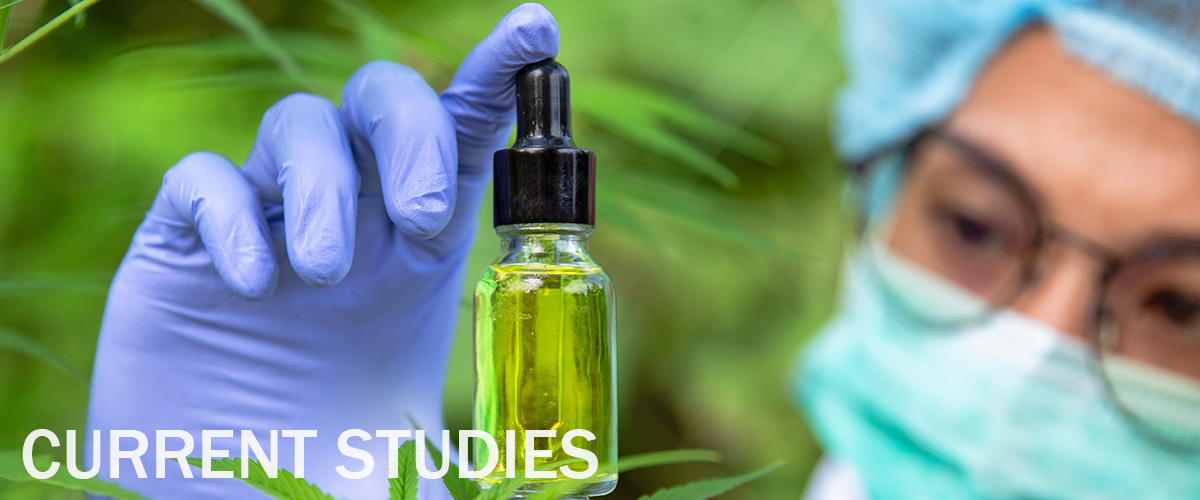INVESTIGATOR: Scott Letendre, MD
STUDY LOCATION: University of California, San Diego
PROJECT TITLE: Cannabis effects on antiretroviral therapy pharmacokinetics and neurotoxicity
FUNDING SOURCE: NIH
PROJECT TYPE: Clinical Study
STATUS: Active
ABSTRACT:
Persons living with HIV (PWH) commonly use cannabis for recreational and medicinal purposes. However, little is known about its effects on ART pharmacokinetics (PK), distribution of ART into the central nervous system (CNS), and ART efficacy and toxicity. Regarding PK, exogenous cannabinoids can be metabolized by cytochrome P450 (CYP) and uridine 5'-diphospho-glucuronosyltransferase (UGT) pathways and may also inhibit the activity of enzymes in these pathways, which could alter ART PK. Cannabinoids may also alter the permeability of anatomic barriers, such as the blood-brain barrier (BBB), which could influence ART distribution into the CNS. Altered ART PK could have either beneficial or harmful effects: lower concentrations could reduce antiviral efficacy (with resulting inflammation) but higher concentrations could increase toxicity and vulnerability to neurobehavioral complications of HIV disease. Cannabis effects may vary based the route and recency of use, as well as Δ9‐tetrahydrocannabinol (THC) or cannabidiol (CBD) content. The proposed project will address several questions at the intersection of cannabis, HIV, and the CNS: 1) Does cannabis use affect ART PK? 2) Does cannabis influence ART’s effects on cognition and mood? 3) Does cannabis alter mechanisms that influence drug distribution into the CNS? The project will leverage resources available through the HNRP and the CMCR to address the effects of drug use on PWH and the neurobehavioral consequences of HIV. To accomplish this, the project will assess participants in two component substudies. The first substudy will be an observational assessment of 120 persons with HIV (PWH) who differ in cannabis use characteristics from naive (never used) to daily users. We will refer to this as the baseline visit. The second substudy will be an interventional PK assessment, in which 40 of the participants will be administered by vaporization either placebo, THC, or CBD. We will refer to these assessments as acute cannabis administration (ACA) visits.

